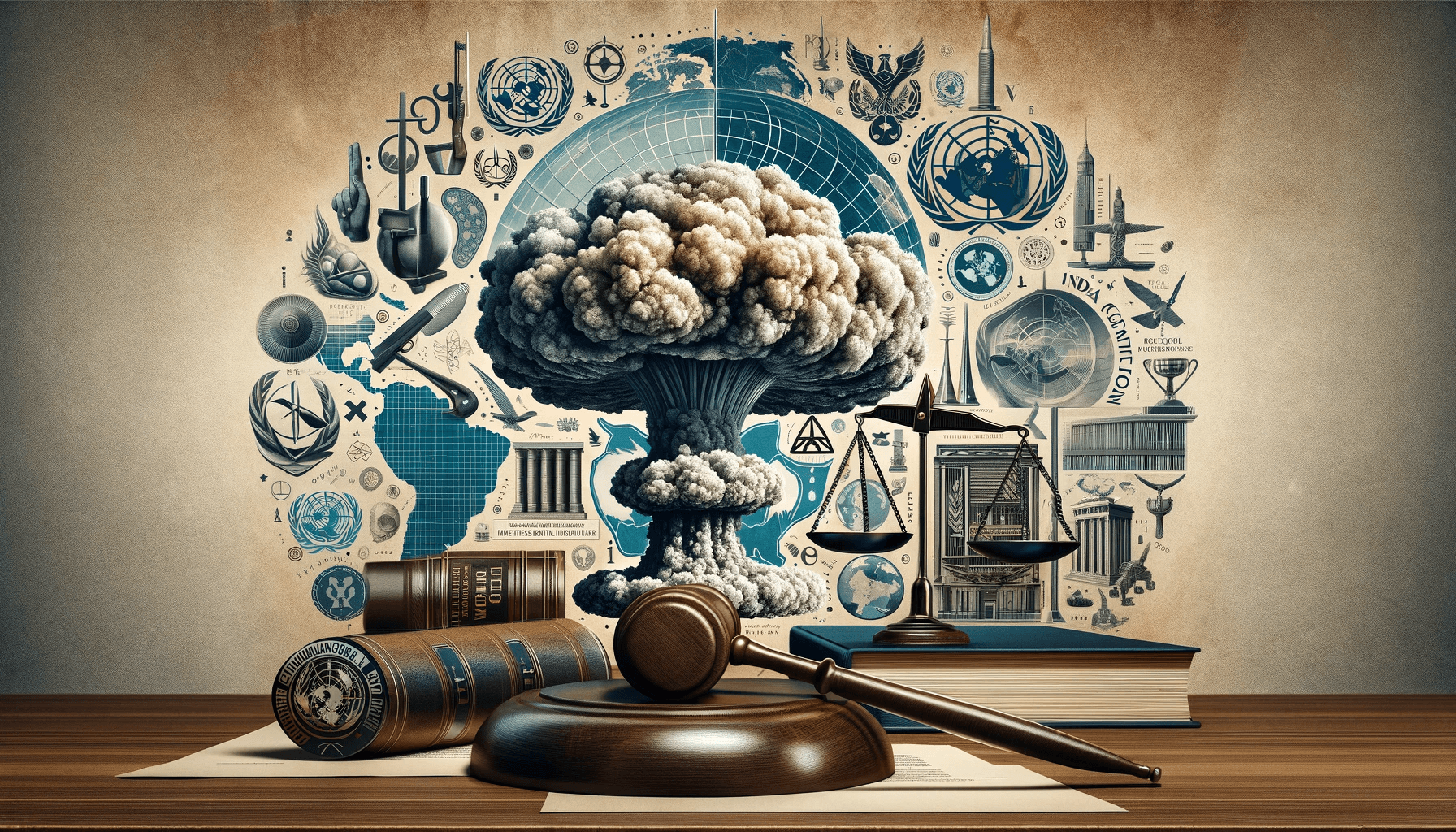The use of nuclear weapons in armed conflict is a topic of intense legal and ethical debate. Given the catastrophic humanitarian and environmental consequences of such weapons, it is crucial to examine their legality under international war crime laws. This comprehensive article, written with the objectivity of a legal expert and an informal tone, delves into the complexities surrounding the legality of nuclear weapons and their potential classification as war crimes.
Understanding War Crimes
War crimes are serious violations of the laws and customs applicable in international armed conflict, as defined by the Geneva Conventions and Additional Protocols. They include grave breaches such as willful killing, torture, taking hostages, and intentionally directing attacks against the civilian population.
Nuclear Weapons and International Law
The legality of nuclear weapons under international law is a complex issue. There are several key legal instruments and judicial opinions to consider:
- The Treaty on the Non-Proliferation of Nuclear Weapons (NPT): While the NPT does not explicitly address the use of nuclear weapons, it plays a crucial role in controlling nuclear proliferation.
- The Advisory Opinion of the International Court of Justice (ICJ) on Nuclear Weapons (1996): The ICJ noted that the use of nuclear weapons would generally be contrary to the rules of international law applicable in armed conflict, particularly the principles and rules of humanitarian law. However, the Court did not conclusively determine the legality or illegality of using nuclear weapons.
- The Treaty on the Prohibition of Nuclear Weapons (TPNW): This treaty, which entered into force in January 2021, explicitly prohibits the use, threat of use, development, testing, production, manufacture, and possession of nuclear weapons. However, it is worth noting that none of the nuclear-armed states are party to this treaty.
The Debate Over Nuclear Weapons as War Crimes
The argument that the use of nuclear weapons constitutes a war crime centers on the following points:
- Indiscriminate Impact: Nuclear weapons cause indiscriminate harm to both combatants and civilians, potentially violating the principle of distinction, a cornerstone of international humanitarian law.
- Disproportionate Damage: The disproportionate scale of destruction caused by nuclear weapons raises concerns about their compatibility with the principle of proportionality in armed conflict.
- Long-Term Environmental Harm: The long-term and severe environmental damage caused by nuclear explosions also comes into question under international humanitarian law.
Counterarguments and Deterrence Theory
Proponents of nuclear deterrence argue that the mere possession of nuclear weapons deters large-scale wars, thereby serving a purpose under international law. They also point out that the ICJ did not definitively rule on the illegality of nuclear weapons in extreme circumstances of self-defense.
Legal Recourse and International Actions
Victims of nuclear weapon use may seek legal recourse through various international mechanisms, although this area of law is still evolving. Additionally, global efforts, such as disarmament negotiations and treaties, aim to reduce the threat posed by nuclear weapons.
Conclusion
In conclusion, while there is no explicit international legal instrument that categorically defines the use of nuclear weapons as a war crime, their use raises significant legal and ethical issues under the principles of international humanitarian law. The debate continues in legal, diplomatic, and academic circles, reflecting the complexity and gravity of this subject in international law.









Leave a Reply